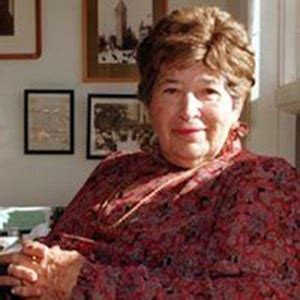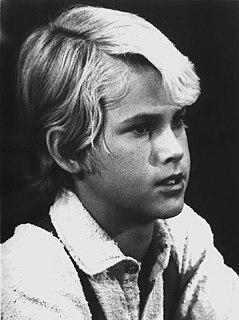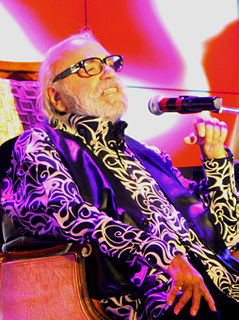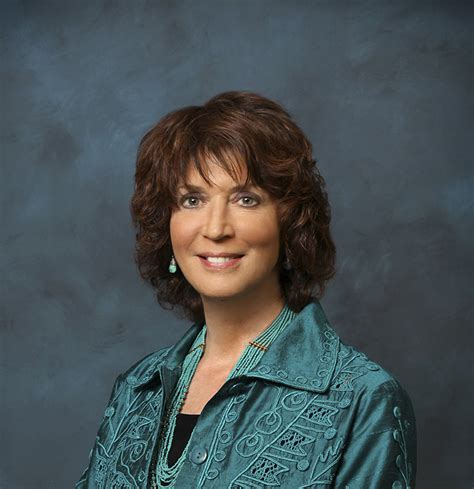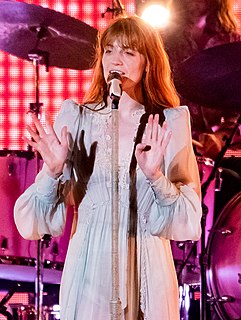A Quote by H. P. Lovecraft
Because we remember pain and the menace of death more vividly than pleasure, and because our feelings toward the beneficent aspects of the unknown have from the first been captured and formalised by conventional religious rituals, it has fallen to the lot of the darker and more maleficent side of cosmic mystery to figure chiefly in our popular supernatural folklore.
Related Quotes
The religious man, the mystic, tries to explore the mystery of death. In exploring the mystery of death, he inevitably comes to know what life is, what love is. Those are not his goals. His goal is to penetrate death, because there seems to be nothing more mysterious than death. Love has some mystery because of death, and life also has some mystery because of death.
Our first problem is that our attitude towards sin is more self-centred than God-centred. We are more concerned about our own "Victory" over sin than we are about the fact that our sin grieve the heart of God. We cannot tolerate failure in our struggle with sin chiefly because we are success oriented, not because we know it is offensive to God.
Well, I kind of approach both of them similarly in (that) I always see it as a movie first because that's my background. Cindy Kelley, who has been my writing partner on my novels, she works more on the prose side and the description side of the storytelling because, obviously, there's a lot more of that in a novel than in a screenplay. You only have up to 120 pages in a screenplay.
The existence of pleasure is the first mystery. The existence of pain has prompted far more philosophical speculation. Pleasure and pain need to be considered together; they are inseparable. Yet the space filled by each is perhaps different. Pleasure, defined as a sense of gratification, is essential for nature
In terms of creation, I have never thought of suiting any system or abiding by any rules. In this respect I have remained free. The necessity has grown, as we have gotten bigger, to think about commercial aspects of the business more and more, because of the responsibility we have toward our staff and our factories.
Ethics cannot be based upon our obligations toward people, but they are complete and natural only when we feel this Reverence for Life and the desire to have compassion for and to help all creatures insofar as it is in our power. I think that this ethic will become more and more recognized because of its great naturalness and because it is the foundation of a true humanism toward which we must strive if our culture is to become truly ethical.
Our time on this earth is sacred, and we should celebrate every moment.
The importance of this has been completely forgotten: even religious holidays have been transformed into opportunities to go to the beach or the park or skiing. There are no more rituals. Ordinary actions can no longer be transformed into manifestations of the sacred. We cook and complain that it's a waste of time, when we should be pouring our love into making that food. We work and believe it's a divine curse, when we should be using our skills to bring pleasure and to spread the energy of the Mother.
Our wisdom is all mixed up with what we call our neurosis. Our brilliance, our juiciness, our spiciness, is all mixed up with our craziness and our confusion, and therefore it doesn’t do any good to try to get rid of our so-called negative aspects, because in that process we also get rid of our basic wonderfulness. We can lead our life so as to become more awake to who we are and what we’re doing rather than trying to improve or change or get rid of who we are or what we’re doing. The key is to wake up, to become more alert, more inquisitive and curious about ourselves.
As all creative people, we have our optimistic side and a darker side. Yes, I would say that I am more optimistic than not. I have written some very lush pieces when I was at low ebb, and some highly energized pieces when carrying a great sadness. It seems that I am getting more optimistic as I get older - life is a lot of fun!
My visual landscape as a child was the inside of a lot of these old churches. And the Baroque drama of the things was what I was first engaging with artwise. I'm much more attracted to the aesthetic of religious iconography than the actual religious side. The passion and the blood and the violence and the gaudy side of it I find really fascinating.



